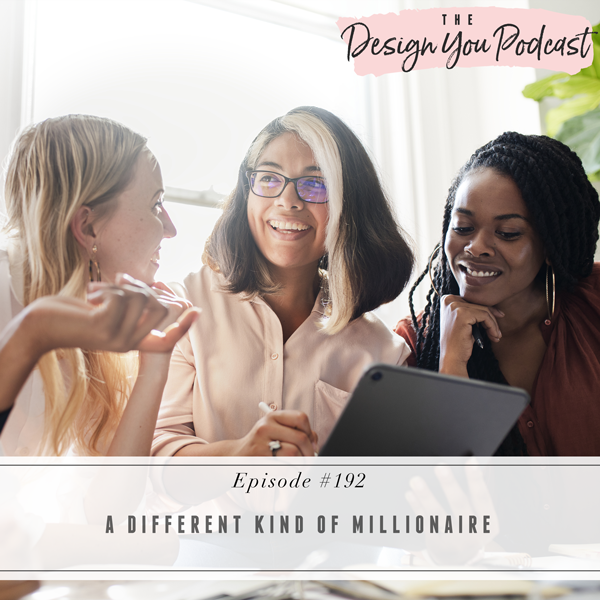
As we close out on 2021, we’re thinking about what we want things to look like next year both in our lives and in our businesses. The world is a better place when women have more money, and my team and I have spent a lot of time this year making some exciting changes in our company.
The business we’re running now is very different from the one I had just a few years ago. The way we think about the company now is entirely different and the way that I run and lead this business has changed so much, so I wanted to share some of these changes with you this week to show you how to think differently about your company and how to create a different kind of business.
In this episode, I’m talking to you about what it looked like to have my dream business for the first time ever this year. Discover why and how our business is different, the difference between how I used to show up and how I’m showing up now, and how you, too, can build a different kind of seven-figure business.
If you’re ready to make a real difference in the world and build a business that is aligned with your values, we would love to help you and guide you through this process! Next week, we’re opening the doors to our Millionaire Mentorship Program, and to provide you with all the details of how it works, we’re running Millionaire Mixology: The Recipe for a Better Design Business webinar on December 9th, 2021. Click here for more details and to register for the webinar!
If you want help creating a business with thriving revenue streams so that you can design the life you really want, get on the waitlist for the next round of my Design You Coaching Program. Inside, you’ll get access to a whole new course where I share my complete design system with you. You’ll receive every template, tool, SOP, worksheet, downloadable, video, and more that I have created and used myself, and receive a complete step-by-step for how to run your full-service projects.





